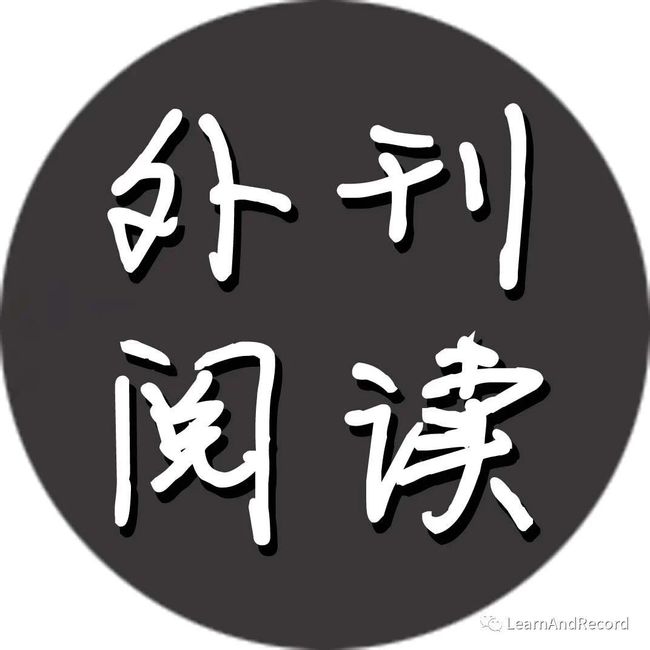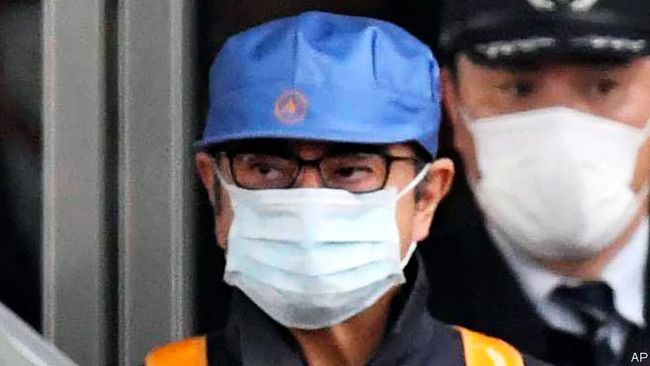Business this week
《经济学人》2019年3月9日 刊
Carlos Ghosn was released from detention in Tokyo after posting bail of ¥1bn ($9m). The sacked chairman of Nissan, Mitsubishi and Renault had been held in custody since mid-November on charges of financial wrongdoing at Nissan, which he denies. Under strict bail conditions, Mr Ghosn will stay at a house under 24-hour camera surveillance. He is not allowed to communicate with people over the internet.
In an announcement that took Washington by surprise, Scott Gottlieb said he would resign as commissioner of the Food and Drug Administration. Mr Gottlieb had worked to speed up the approval of new drugs, but he was greatly disliked by the tobacco industry for his forceful attempt to halt the epidemic of teen vaping and proposal to ban menthol cigarettes. Before his resignation, conservative groups had been trying to halt his efforts to crack down on the vaping industry. Biotech stocks sank on the news, whereas tobacco stocks rose.
The chief executive of Vale stepped down. Prosecutors had asked for his “temporary” suspension after the collapse of a dam in Brazil that held waste from one of Vale’s iron-ore mines, killing at least 186 people. Scores are still missing.
Chevron and ExxonMobil significantly increased their production targets for shale oil in the Permian Basin, underlining how bigger oil companies are putting pressure on smaller independent firms that operate in the region. Chevron’s boss remarked that “the shale game has become a scale game.”
The American economy grew by 2.9% in 2018, its best performance in three years. The surge in growth in the middle of the year, thanks in part to tax cuts, was offset by decelerating consumer spending towards the end of the year.
A slowdown in the fourth quarter hit South Africa’s economy, which grew by just 0.8% last year, well below the roughly 5% that is needed to make a dent in an unemployment rate of 27%.
Mizuho, one of Japan’s biggest banks, booked a ¥680bn ($6.1bn) write-down. That was mostly because of restructuring costs, though Mizuho also lost money trading in foreign bonds, which many Japanese banks turned to in search of higher yields when interest rates turned negative at home.
America removed India from its Generalised System of Preferences, which lowers the barriers of entry for trade on certain goods, claiming that India had failed to provide equal access to its markets. Donald Trump has stepped up his complaints against India’s trade practices, notably its stiff tariffs on imports of American motorcycles. Meanwhile, in a blow to Mr Trump, America’s trade deficit in goods was $891bn in 2018, a record.
Mark Carney said that “constructive developments” had reduced the Bank of England’s estimate of the economic damage that would result from a disorderly Brexit. The bank had previously put the cost to the economy at around 8% of GDP. Mr Carney said that had fallen by about 3.5 percentage points but continued to warn of a “material” shock. The bank also reported that the potential disruption to cross-border financial services had been mitigated in Britain, but it criticised the EU for a lack of action on its part. Of the thousands of businesses that have spoken to the bank, half are unprepared for a no-deal Brexit. Of the half that do have plans, 50% claim to be “as prepared as we can be”.
Lyft filed for an IPO, overtaking Uber, its bigger rival in the ride-hailing business, in the race to float on the stockmarket. Lyft will probably list in April on the NASDAQ exchange. Uber is expected to launch its IPO later this year.
Gap decided to hive off its Old Navy business into a separately listed company. Old Navy sells a cheaper clothing range than Gap-branded apparel and provides almost half of the Gap company’s sales. Gap became big when it cottoned on to the fashion for pastel colours in the 1980s, but it has struggled recently, announcing more store closures.
Days after defeating the government’s appeal against its takeover of Time Warner, AT&T undertook a broad restructuring of the business. A newly created WarnerMedia Entertainment will house a string of assets, including HBO. The swift departure of Richard Plepler as HBO’s boss spawned comparisons to “Game of Thrones”, one of the channel’s many hits.
Mar 7th 2019
(较原文略有删减)
完整word资源详见「才思汇」社群
LearnAndRecord
2015年2月8日
2019年3月10日
第1492天
每天持续行动学外语

